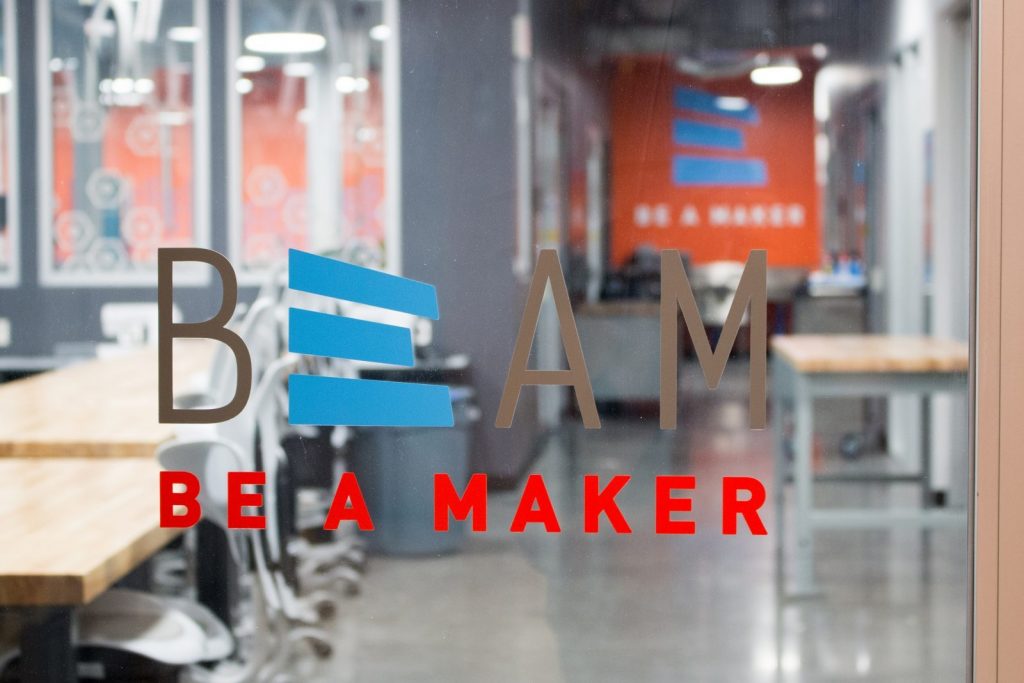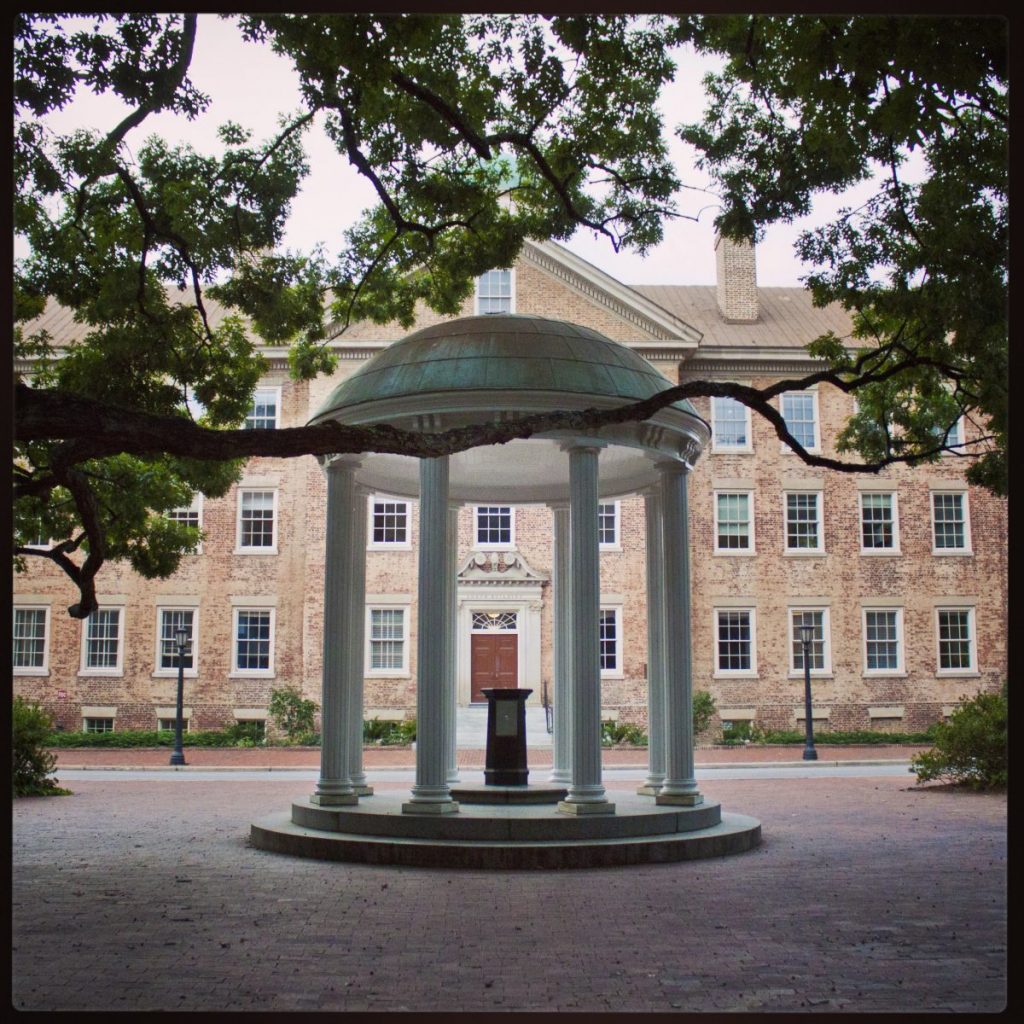 Through the support of a $1.05 million grant from JPMorgan Chase & Co., the University of North Carolina at Chapel Hill’s Center for Community Capital (CCC) will develop innovative strategies and solutions to help under-resourced communities become more vibrant and economically inclusive across the nation.
Through the support of a $1.05 million grant from JPMorgan Chase & Co., the University of North Carolina at Chapel Hill’s Center for Community Capital (CCC) will develop innovative strategies and solutions to help under-resourced communities become more vibrant and economically inclusive across the nation.
“This research will help us better understand how strategic community investments can enhance lifetime opportunities for low- and moderate-income families,” said Lucy Gorham, CCC’s executive director. “We will disseminate findings widely so community organizations can expand, sustain and replicate those practices.”
Through the funding, CCC researchers will create an “Opportunity Index,” and develop new models for increasing financial capability and innovative technologies to deliver financial services. The “Index,” created in collaboration with two high-impact local nonprofits, will measure the availability of essential resources that families need to get ahead, such as high quality education, health care, job opportunities and financial services. Using the index as a benchmark, CCC will work intensively with community leaders and residents to identify barriers to opportunity and determine how they can be addressed.
The Center, which is in the College of Arts and Sciences, will also partner with three affordable housing organizations – the Cleveland Housing Network, the Resurrection Project in Chicago and the New York City Housing Authority and Office of Financial Empowerment – that are piloting models for integrating financial capability services into their housing programs. These programs are helping families improve their credit scores as they pay down debt and prepare for new employment and homeownership opportunities as part of a customized financial stability plan.
Additionally, the CCC will also evaluate quality financial inclusion efforts to broaden access for consumers by delivering innovative online and mobile access to affordable options for those who lack traditional bank accounts or services.
“We look forward to working with local partners to explore what is working and what is not, always a critical part of innovation,” said Roberto Quercia, who is co-directing the project with Gorham. “Our findings can be disseminated beyond the university and into the real world where they can inform public policy and practice on the ground.”
Improving consumer financial health is one of the top priorities for JPMorgan Chase. The firm invests in financial capability programs that support innovative new products and services that leverage technology and insights from design and behavioral science to help consumers increase savings, improve credit and build assets.
“Too many people in our country still struggle to make ends meet and we need the public and private sectors to work together to help them. We want to promote vibrant and economically inclusive communities where more people and families can thrive,” said Mel Martinez, chairman for JPMorgan Chase in the Southeast U.S. and a leader in the firm’s financial prosperity work. “Financially healthy individuals increase the financial stability and resiliency of our communities.”



